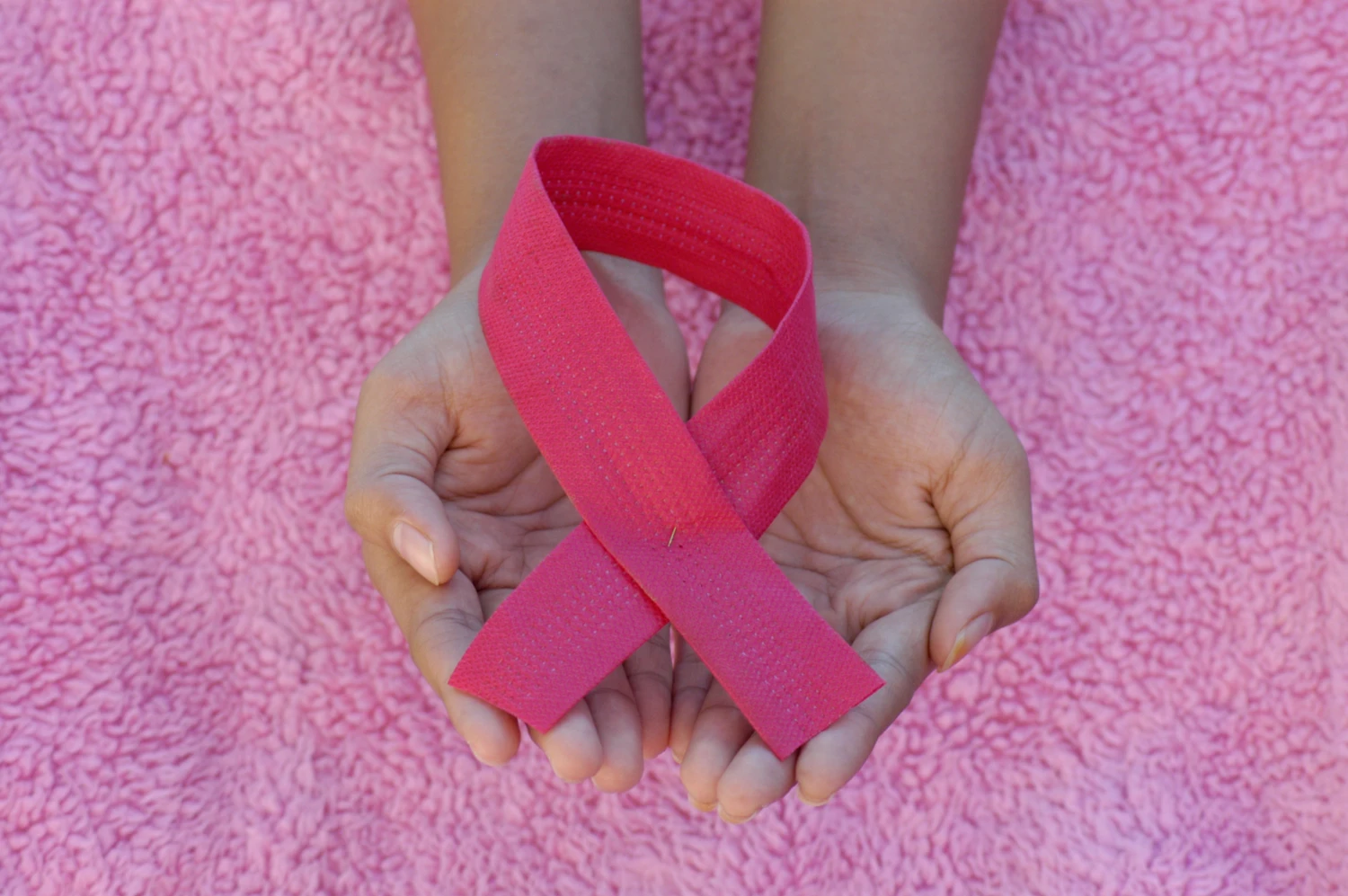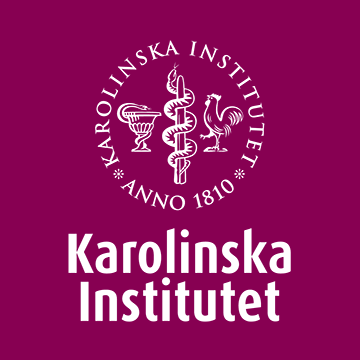Research projects indicate a wide range of interventions, in addition to medications, needed for rheumatology patients to live a good quality of life. Interventions that can help rheumatism, for example, can include exercise, diet, vaccinations, adjuvants, rehabilitation and training.
– Many of this year's projects look at promising new efforts and how to maximize the impact of existing efforts in the best way possible. Another new thing is that studies focusing on health economics are receiving research funding, says Lotta Håkansson, president of the Rheumatology Society.
Begum Horloglu
karolinska institute, Department of Medicine, Solna, Department of Rheumatology.
-Cellular mechanism of autoimmune myositis and development of a mouse model
Pence Reethi
Karolinska Institutet, Department of Medicine, Solna, Department of Rheumatology.
– Autoantibodies and the development of rheumatoid arthritis – Molecular mechanisms and new treatment options
Carolyn Greenwall
Karolinska Institutet, Department of Medicine, Solna, Department of Rheumatology.
– B cells and autoantibodies in rheumatic diseases – mapping complex interactions
Dionysis Nikolopoulos
Karolinska Institutet, Department of Medicine, Solna, Department of Rheumatology.
Precision medicine in neuropsychiatric systemic lupus erythematosus (PreNeuroLup)
Elisabeth Svenungsson
Karolinska Institutet, Department of Medicine, Solna, Department of Rheumatology.
-Autoimmunity and cardiovascular disease in SLE, APS and in the normal population
Elizabeth Arkema
Karolinska Institutet, Department of Medicine, Solna, Department of Clinical Epidemiology (KEP).
– A comprehensive evaluation of the long-term risks associated with systemic lupus erythematosus treatments in Sweden
Gustav Broz
Karolinska Institutet, Department of Medicine, Solna, Department of Clinical Epidemiology (KEP).
– Rheumatoid arthritis, wage income and absence from work
Helena Erlandson Harris
Karolinska Institutet, Department of Medicine, Solna, Department of Rheumatology.
– Identify the causes of rheumatoid arthritis in children
Helga Westerlind
Karolinska Institutet, Department of Medicine, Solna, Department of Clinical Epidemiology (KEP).
– Machine learning to predict treatment outcomes in rheumatoid arthritis
Ingrid Lundberg
Karolinska Institutet, Department of Medicine, Solna, Department of Rheumatology.
– Disease mechanisms and therapeutic effects in chronic rheumatic polymyositis and polymyositis
Ioannis Paroudis
Karolinska Institutet, Department of Medicine, Solna, Department of Rheumatology.
– Studies to improve the use of biologic therapy as well as monitoring, treatment outcomes, and long-term prognosis in systemic lupus erythematosus and lupus nephritis.
Eva Gunnarsson
Karolinska Institutet, Department of Medicine, Solna, Department of Rheumatology.
– Biomarkers in SLE and ANCA-associated vasculitis with renal involvement – Further studies
John Lamba
Karolinska Institutet, Department of Medicine, Solna, Department of Rheumatology.
Persistent pain and fatigue despite antirheumatic treatment, an epidemiological and mechanistic survey in early rheumatoid arthritis.
Karen Helgren
Karolinska Institutet, Department of Medicine, Solna, Department of Clinical Epidemiology (KEP).
– Pregnancy in women with inflammatory joint diseases – How does the activity of the disease and its treatment affect it and how are the children of these women affected
Karen Lowden
Karolinska Institutet, Department of Medicine, Solna, Department of Rheumatology.
– Biomarkers and prognostic tool to predict clinical improvement in myositis
Karen Lundberg
Karolinska Institutet, Department of Medicine, Solna, Department of Rheumatology.
– On the origin and function of autoantibodies in rheumatoid arthritis – Studies on a possible link to microbes
Karen Wadstrom
Karolinska Institutet, Department of Medicine, Solna, Department of Clinical Epidemiology (KEP).
-Incidence, risk factors, mortality and comorbidity of ANCA-associated vasculitis in Sweden
Karen Shimin
Karolinska Institutet, Department of Medicine, Solna, Department of Rheumatology.
– How do T cells survive inflammation? Metabolic mapping of tissue-infiltrating T cells in rheumatic diseases
Caterina Chatzionesio
Karolinska Institutet, Department of Medicine, Solna, Department of Rheumatology.
Improving the treatment of arthritis caused by cancer immunotherapy using checkpoint inhibitors – the first randomized clinical trial
Lina Marcela Diaz Gallo Norlin
Karolinska Institutet, Department of Medicine, Solna, Department of Rheumatology.
– A new perspective on the subgroup of systemic lupus erythematosus by integrating genetic and clinical information
Marie Holmqvist
Karolinska Institutet, Department of Medicine, Solna, Department of Clinical Epidemiology (KEP).
– Cancer in patients with rheumatic system diseases
Marie Wahren-Herlenius
Karolinska Institutet, Department of Medicine, Solna, Department of Rheumatology.
– Sjögren's syndrome – clinical and immunological studies
Per Johan Jacobson
Karolinska Institutet, Department of Medicine, Solna, Department of Rheumatology.
– Early diagnosis and early treatment of rheumatic diseases
Vivian Malmstrom
Karolinska Institutet, Department of Medicine, Solna, Department of Rheumatology.
– The importance of lymphocytes in inflammatory rheumatic diseases
Changrong Ge
Karolinska Institutet, Department of Medical Biochemistry and Biophysics.
– Structural and functional studies of anti-citrullinated protein antibodies in rheumatoid arthritis
Mike Aoun
Karolinska Institutet, Department of Medical Biochemistry and Biophysics.
Exploring autoreactive B cells and redox regulation: insights into autoimmune diseases
Richard Holmdahl
Karolinska Institutet, Department of Medical Biochemistry and Biophysics.
Ncf1-mediated oxidative regulation of B cells as a key step in the development of rheumatoid arthritis.
Laura Romero Castillo
Karolinska Institutet, Department of Medical Biochemistry and Biophysics.
-Developing tolerogenic vaccines for rheumatoid arthritis: a new approach to immune modulation and disease management
Johan Frostegaard
Karolinska Institutet, Institute of Environmental Medicine (IMM).
– New immune mechanisms in rheumatic diseases, especially cardiovascular manifestations.
Malin Regardt
Karolinska Institutet, Department of Neuroscience, Nursing and Society Sciences
– Improve activity capacity and quality of life for people with systemic myositis using a strength enhancing glove.
Malin Arenberg
Karolinska Institutet, Department of Dentistry.
Tryptophan metabolism, microflora and co-morbidity in long-term muscle pain.
Lars Alfredsson
Karolinska Institutet, Institute of Environmental Medicine (IMM)/Department of Clinical Neuroscience.
– The importance of lifestyle/work environment factors affecting the onset and course of rheumatoid arthritis. – Studying the effect of lifestyle/work environment factors on treatment outcomes in health care.
Anna Karen Horn
Karolinska Institutet, Department of Women's and Children's Health.
– New insights into hyperinflammatory syndrome in children, following infection with SARS-CoV-2: MIS-C
Eva Kosik
Karolinska Institutet, Department of Clinical Neurology.
– The importance of autoreactive antibodies in the treatment of fibromyalgia

“Extreme tv maven. Beer fanatic. Friendly bacon fan. Communicator. Wannabe travel expert.”






More Stories
Researcher: This is how you know if your summer is going to be special or not
The study opens the door to new treatment strategies for breast cancer
8 pages – More people are being diagnosed with ADHD